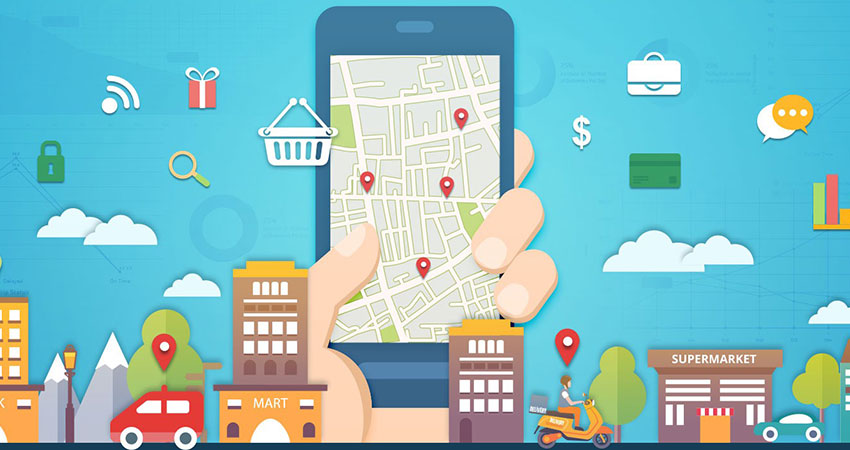Amidst the massive pivot to ecommerce during the coronavirus crisis, providers of last mile delivery services are seeing huge growth in demand from various kinds of merchants, as house-bound consumers are ordering away for both essential and nonessential items.
Three different providers contacted reported demand coming from a variety of sources, from traditional store-based retailers to small businesses as well as CPG companies and home improvement centers.
“The volume is off the charts,” said Marc Gorlin, founder and CEO of on-the-way delivery app provider Roadie. “We’re seeing many multiples of volume. Most of the demand is part grocery, part pharma and part home improvement.” Major clients include Home Depot, Tractor Supply and L’Oreal.
Khaled Naim, co-founder and CEO of last mile logistics software provider Onfleet, said the company has seen weekly volume surges north of 50% since early March, in both inbound and delivery volume, as many customers are in high-demand categories (grocery, food and beverage, cannabis and pharmacy) vs. those experiencing a drop (laundry, dry cleaning and catering).
And in an odd twist, Naim said effects of the coronavirus lockdown is actually improving service levels in many cases. He said local shops and food service/grocery each represent 40% of his business, with ecommerce making up 10% and other services 10%.
“We haven’t done a delivery time analysis yet but anecdotally, we’re hearing that deliveries are being made a lot faster” due to lack of traffic on the roads, he said. “Contactless deliveries are also likely reducing service times.”
Gorlin said he’s also seen his on-time rate improve, as many new gig drivers have been added to the network after being idled from restaurants, bars and hospitality, among other fields.
“For one of our big retail clients, in one week there were three late deliveries out of tens of thousands of orders,” he said. “Think of all the people furloughed from many different industries. Everyone is looking for alternative income, and moving packages is hot due to social distancing.”
Roadie is seeing a lot of growth in secondary cities like Spartanburg, SC, Greenville, NC and Chattanooga, TN, in addition to large metros. “They’re usually the last in line for innovation, and they’re the ones that need it more than big cities at this point,” Gorlin said.
Doing its part for the COVID-19 fight, Roadie has also been making free deliveries of PPE to hospitals in its hometown of Atlanta.
Ben Jones, founder and CEO at smart warehousing provider Ohi, has seen his volume triple since the beginning of March due to coronavirus-related demand. As with Roadie, traditional retailers have been a huge growth area.
“They’ve been relying historically on store sales, but have realized with stores shut they’re looking at losses of 60% to 70% of their business,” Jones said. “We’re having a lot of conversations about using same-day delivery for the loss of in-store orders, replicating some aspects of the convenience of store shopping online.”
Some categories of high demand for Ohi have come from apparel and personal care items, “but it’s been a whole range” of sources, Jones said, including CPG, beverage, baby food and diapers and health items, things normally purchased from a pharmacy chain or a supermarket. “All the brands that have relied on physical are trying to innovate and serve their customer base,” he said.

